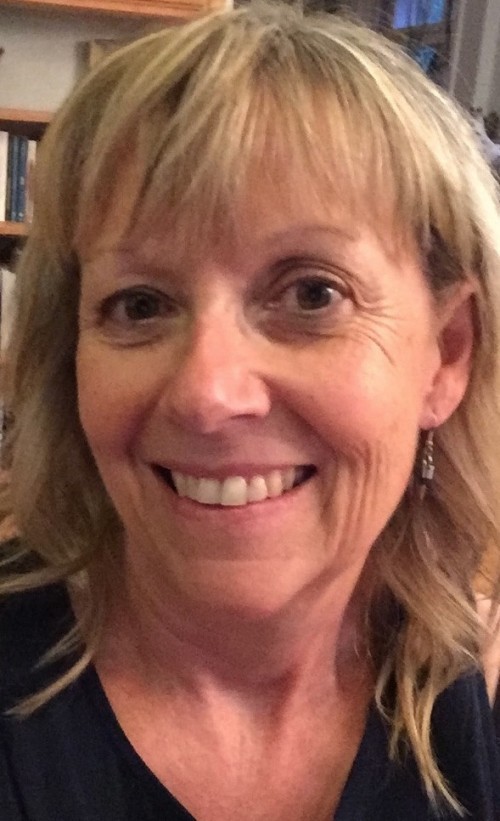Jrène Rahm
Canada

Jrène Rahm is an Educational Psychologist and full Professor at the Université de Montréal, Canada. She brings a cultural perspective to children and youths’ learning and identity development in science, at the intersection of formal and informal education. Through multisited and longitudinal studies and a space-time lens, she explores minoritized immigrant youths’ complex navigations of community organizations, gardens, and other educational venues. That interest led her to document counter-spaces and educational pathways driven by equity and social justice with youth. Her work with Inuit youth and families in Nunavik and Nunavut, with a focus on Inuit led community and environmental stewardship projects, led to the joint-documentation of their contributions to lifelong learning. This project led to an interest in navigations among epistemologies and a new vision of what the building of respectful relations in research implies. She is also invested in finding ways to leverage practices in community organizations for teacher training through University-community partnerships. She has published widely, serves on the editorial board of Cultural Studies of Science Education and Mind, Culture and Activity. Her work is funded by the Social Sciences and Humanities Research Council of Canada, and the Fonds de Recherche du Québec - Société et Culture.